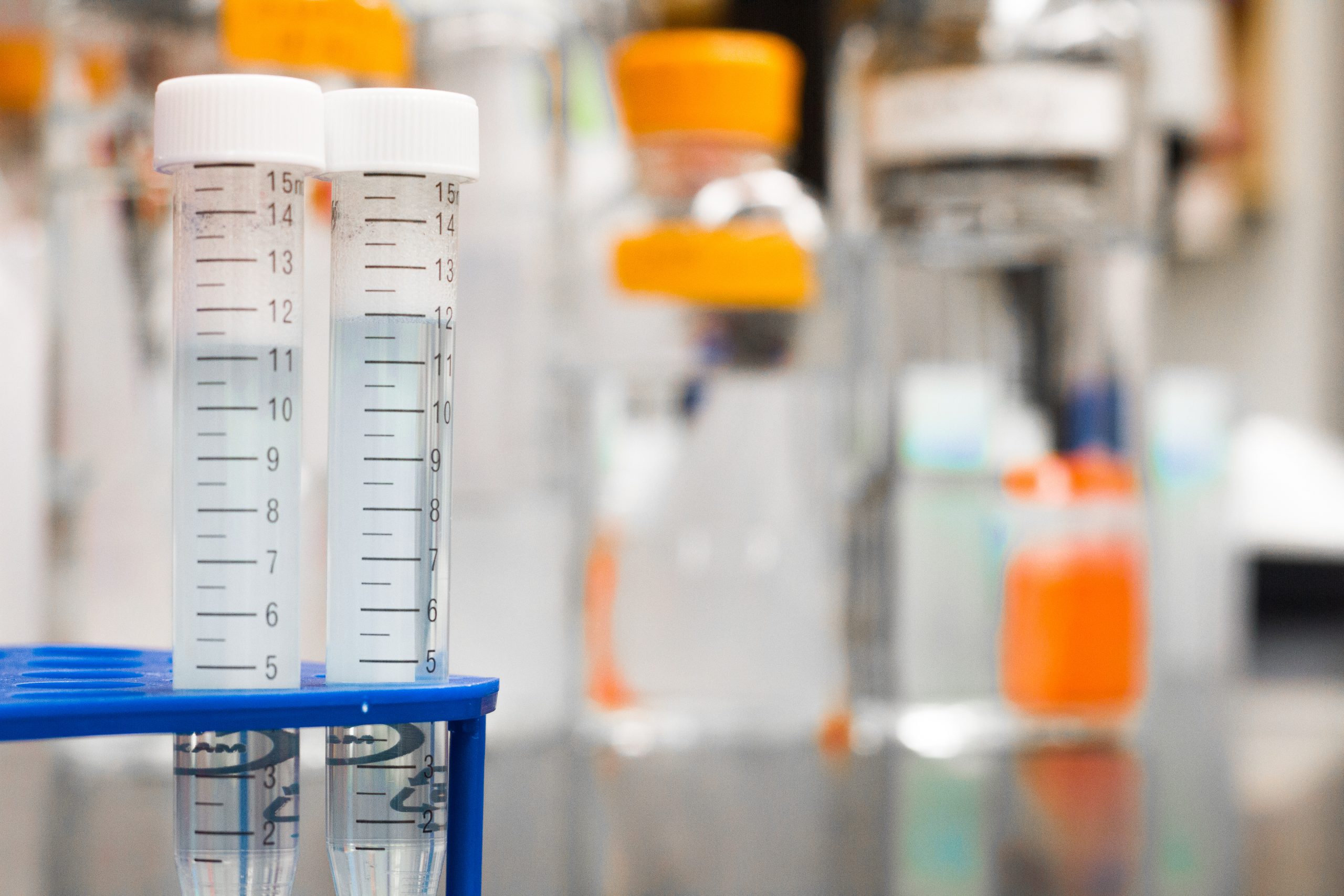
The Moderna vaccine will enter Phase 3 testing next week. This is one of the vaccines being developed by the Vaccine Research Center at the National Institutes of Health's National Institute of Allergy and Infectious Diseases.
The third trial of the Moderna vaccine will involve 30,000 volunteers and aims to determine whether the vaccine can protect people against the coronavirus.
The Moderna vaccine has messenger RNA (mRNA), a molecule cells use to produce proteins, to create the coronavirus' spike protein, which allows the virus to attach to and infect human cells. Once the immune system realizes this target, it can create a response swifter than if it engaged the virus for the first time due to an infection.
Initial results from the Phase 1 study were released in the New England Journal of Medicine in mid-July. The biotechnology company’s study revealed that the vaccine, taken at three different doses, produced an immune response in patients who were given it (the higher the dose, the higher the immune response).
Moreover, more than half of the respondents experienced side effects, such as chills, muscle pain, fatigue, headache, and pain at the injection site. The Phase 3 trial will include the middle dose --100 micrograms (µg).
Vaccine hesitancy
Dr. Barney Graham, the deputy director of the Vaccine Research Center, discussed the technology for the Moderna vaccine trials with Dr. Sanjay Gupta in a CNN report.
When Gupta asked about the study, Graham said he was surprised.
“I was pleasantly surprised, I think, about the level of neutralizing antibody -- it exceeded my expectation. It almost achieved what I was hoping for. And, so we were happy with the level of neutralizing activity that was elicited by this vaccine in humans.”
“The other reason you do Phase 1 trials is to not just find the dose that's tolerable but find the dose that has optimal immunogenicity. In this case, the 100µg dose was virtually the same as the 250µg dose in terms of the antibodies made. And those antibodies reached levels that were in that upper range of what convalescent people make who have been infected with the SARS-CoV-2 coronavirus. So, we felt like this was a good outcome,” he added.
Gupta also asked Graham about a third of the country demonstrating some vaccine hesitancy.
“The reason this is important is that I'm hoping that this vaccine could be as much as 70 or 80% effective -- I think that would be a success. We need 60 or 70% of immunity [in the population] to really establish what's called herd immunity. That means almost 100% of people would have to be vaccinated to establish that level of immunity in the population,” Graham said.
“So, if a third of people don't take it, we'll only be able to reach around 40 or 50% immunity in the population with that type of a vaccine. I think it's really important for that third of people to come along and try to help us and understand how these vaccines work so they won't be so hesitant,” he said.






